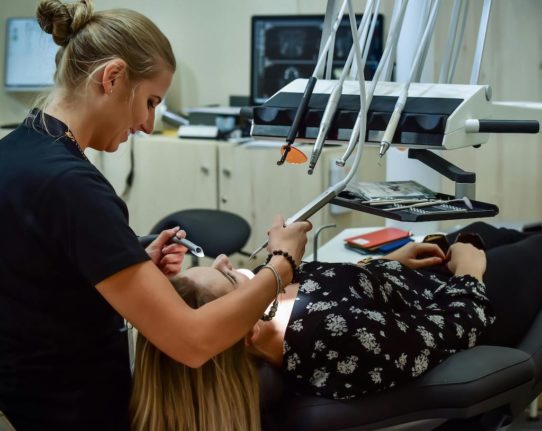Authorities announced that they had used a light aircraft to fly low over the islands and photograph properties to look out for unregistered extensions and swimming pools that would increase the value of the property.
So far in the Balearic Islands alone some 21,652 properties have been discovered to owe taxes including 2,382 swimming pools that had been built without being taken into consideration on the valuation of the property.
Spanish property owners must pay the annual IBI tax to the town hall, a payment that is calculated on the perceived value of the property.
Many property owners had in fact updated their homes, adding outbuildings, swimming pools or renovations that would increase the value of their properties and yet had not declared the improvements to the authorities.
According to a report in the Mallorcan newspaper Ultima Hora, the average IBI bill had risen by €309 netting the 28 town halls across the islands some €6million.



 Please whitelist us to continue reading.
Please whitelist us to continue reading.
Member comments